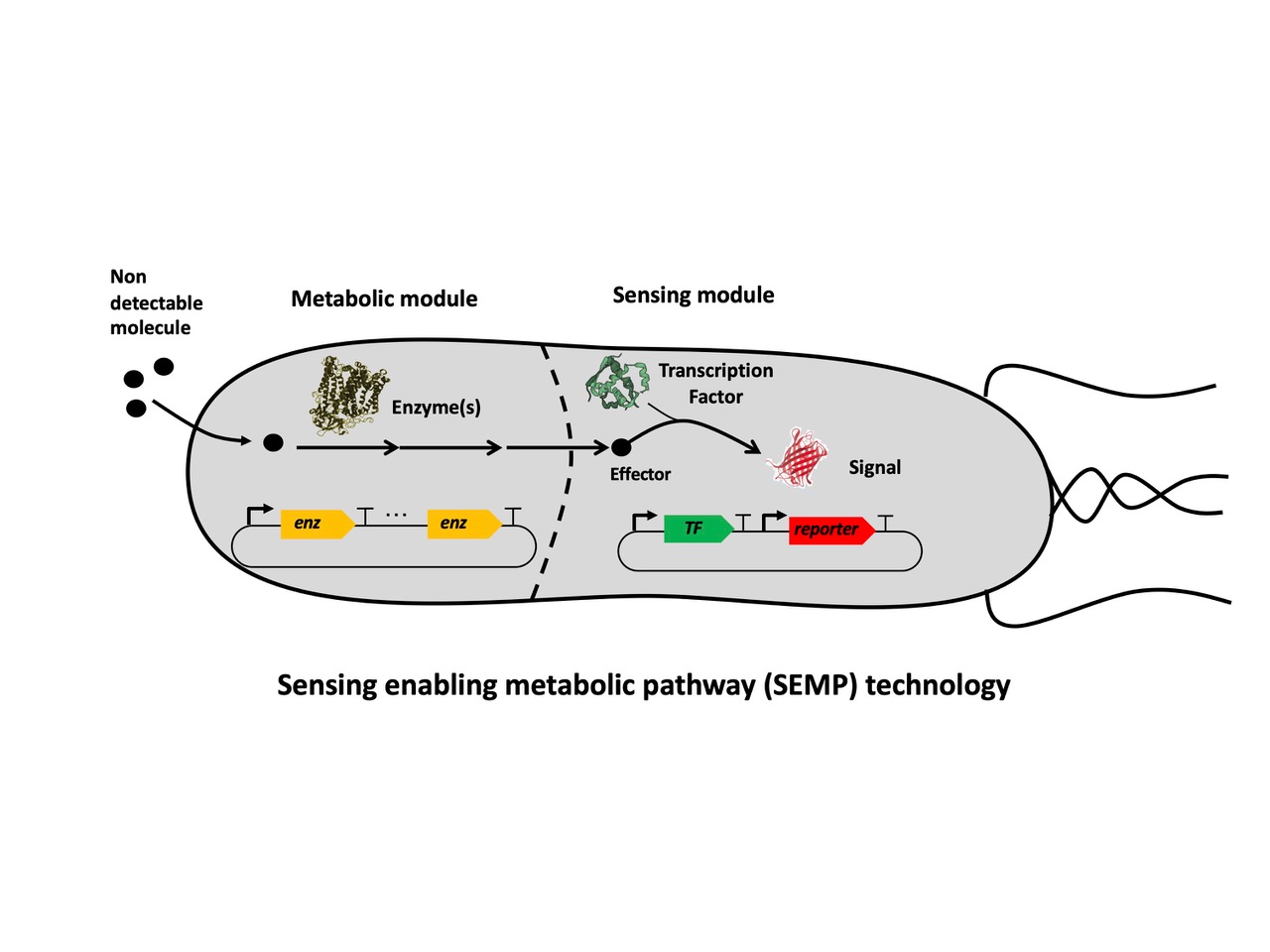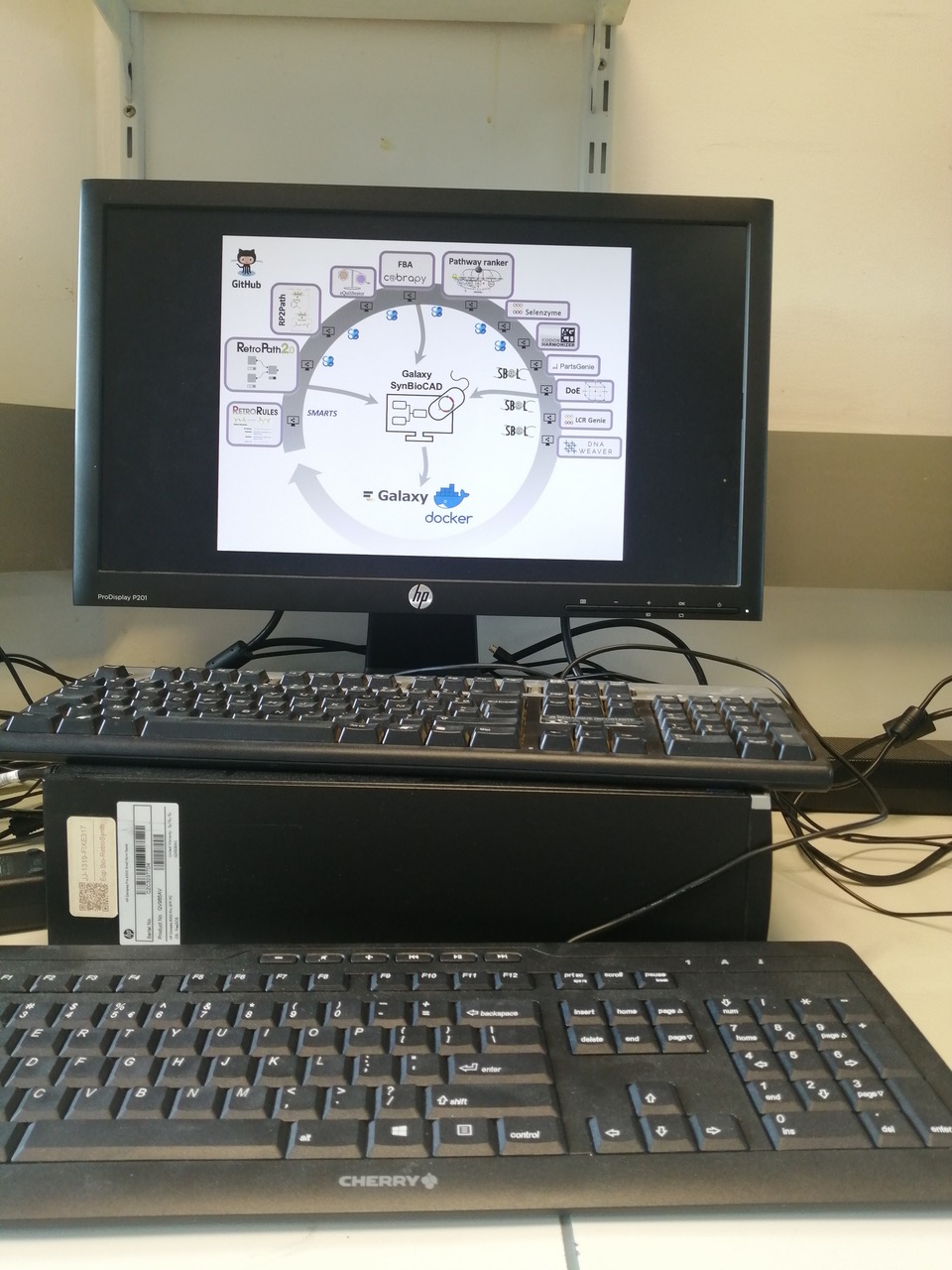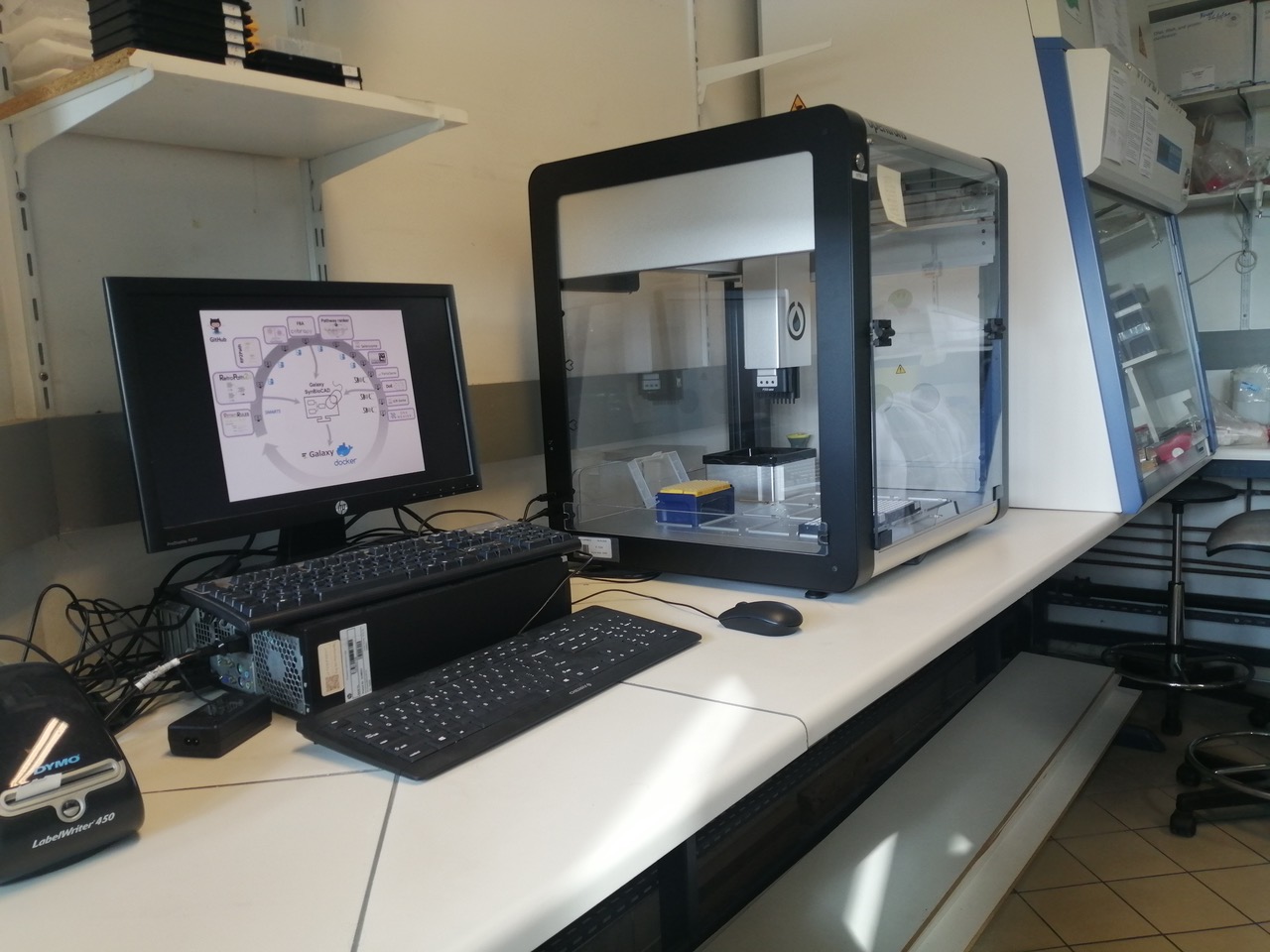INRAE
Description:
The Institut national de recherche pour l’agriculture, l’alimentation et l’environnement (INRAE, www.inrae.fr/) is a French public research institute. INRAE leads projects on targeted research for sustainable agricultures, biotechnology, and a safeguarded environment and a healthy high quality food. Based on its number of publications, INRAE is the first institute for agricultural research in Europe, and the second in the world. The Micalis institute is a mixed research unit associated with INRAE and the engineering school AgroParisTech. It also belongs to the University of Paris-Saclay.
Its mission is to develop innovative research in the field of microbiology. Micalis employs more than 330 staff scientists, organized in 20 research teams and 3 thematic priorities: microbiota, opportunist microorganisms, and systems and synthetic biology. Jean-Loup Faulon is heading a research team within the synthetic biology priority.


J.L. Faulon (M) (ORCID: 0000-0003-4274-2953) is a senior research director at INRAE and also a Professor in Synthetic Biology at the University of Manchester. He is the founder and co- director of a CNRS nation-wide research network in Synthetic Biology, sits on the editorial board of IET Engineering Biology, and his heading the Scientific Advisory Board of Abolis Biotechnologies an SME he co- founded in 2014. From 2010 to 2015 he was the director of the Institute of Systems & Synthetic Biology (iSSB), a CNRS research unit. In the past, he has been a tenured senior and distinguished Scientist at the US DOE Sandia National laboratories (1995-2008), and a research director at the DOE Joint BioEnergy Institute at Lawrence Berkeley (2006-2008). For most of his career, he has been leading interdisplinary research as demonstrated by his publication records (140 records in WoS) in systems and synthetic biology, metabolic engineering, and machine learning applied to bioinformatics and biotechnology. He is internationally renowned for his work on computer-aided design in biology and in particular for the applications of (bio) retrosynthesis to engineer metabolic pathways for bioproduction, biosensing and biocomputation. Dr. Faulon is first-time participant in a granted FET-H2020 project.
Role in the project :
The group will also participate in WP2 (Transenvelope signaling) to link their metabolic pathways to the signaling pathways engineered by INSERM
Faulon’s group will lead WP3 (Generation of biosynthetic pathways for SERS output signals) and will design, engineer and optimize metabolic pathways to produce molecules detectable by SERS.
The group will also participate in WP5 where performance of their pathways will be assessed by an optofluidic LoC-SERS device used on clinical samples.
Infrastructure and facilities :
Within the Micalis institute, Faulon’s team owns wet and dry laboratories equipped for molecular biology and clustered computing.
The team has also access to liquid handling robots for plasmid assembly and strain transformation and mass spectrometry platforms for proteomics and metabolomics.

Related projects and publications :

ANR-18-CE21-0008 (PI, Synthetic Biology for Diagnostic, 2019-21), ANR-15- CE21-0008 (PI, Metabolic Engineering Machine, 2015-20), BB/M017702/1 (coI and cabinet member, SYNBIOCHEM center, BBSRC, 2014-2020).
LIST OF 5 PUBLICATIONS.
- Borkowski O, Koch M, Zettor A, Pandi A, Cardoso Batista A, Soudier P & Faulon JL. Large scale active-learning-guided exploration for in vitro protein production optimization. Nature Communications, 11(1): 1872, 2020
- Pandi A, Koch M, Voyvodic PL, Soudier P, Bonnet J, Kushwaha M, Faulon JL. Metabolic Perceptrons for Neural Computing in Biological Systems. Nature Communications, 10: 3880, 2019.
- Delépine B, Duigou T, Carbonell P, Faulon JL. RetroPath2.0: A retrosynthesis workflow for metabolic engineers. Metab Eng. 2018; 45: 158-170.
- Libis V, Delépine B, Faulon JL. Expanding Biosensing Abilities through Computer-Aided Design of Metabolic Pathways. ACS Synth Biol. 2016; 5(10): 1076-1085.
- Delépine B, Libis V, Carbonell P, Faulon JL. SensiPath: computer-aided design of sensing-enabling metabolic pathways. Nucleic Acids Res. 2016; 44(W1): W226-31.
